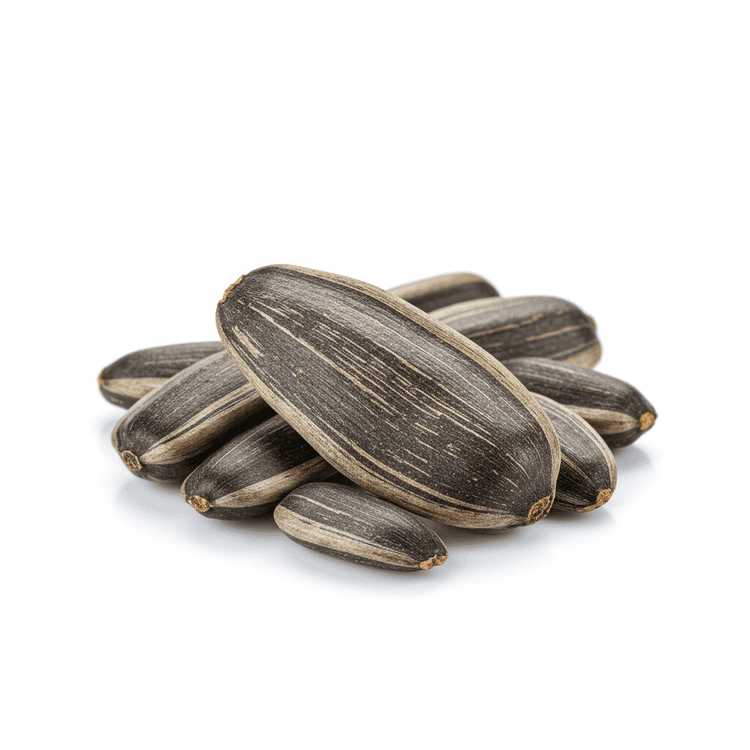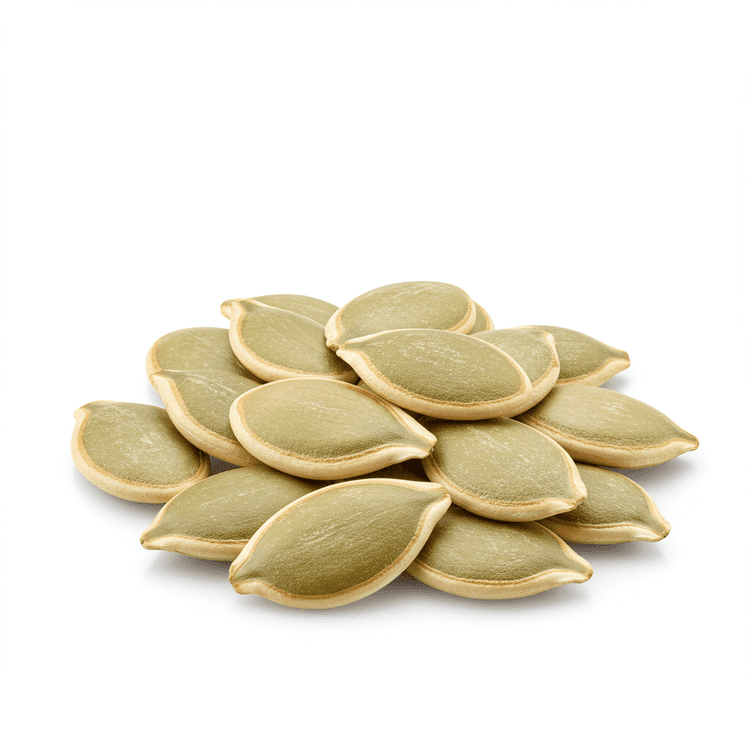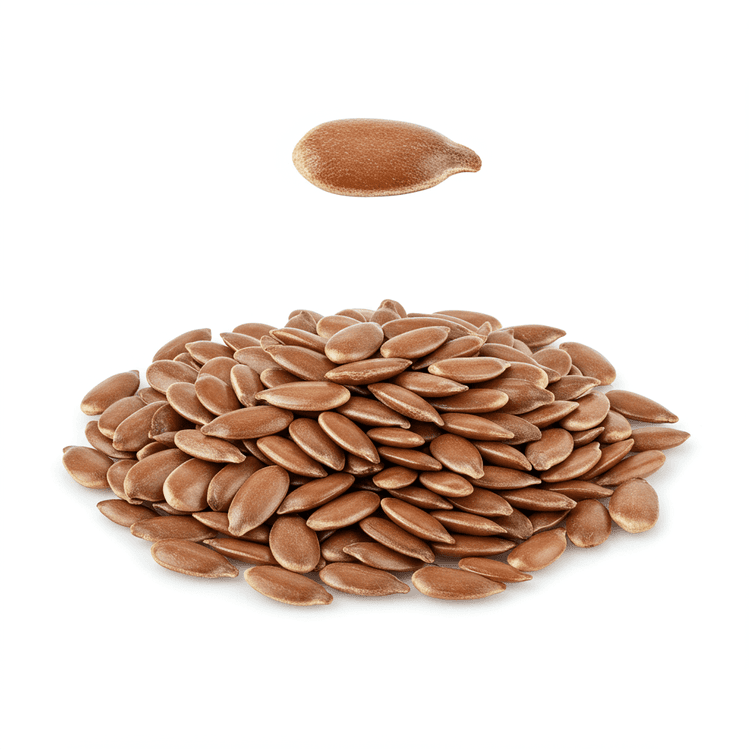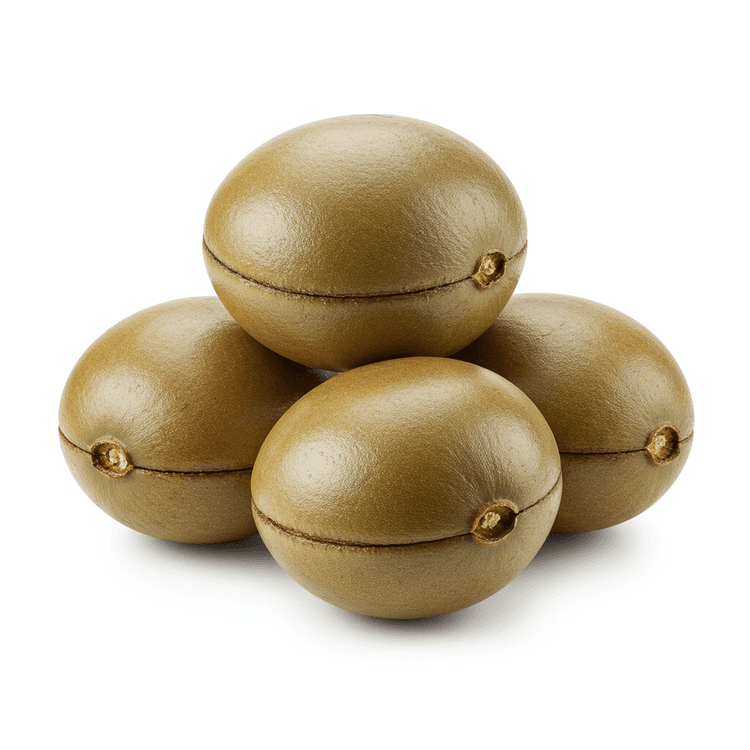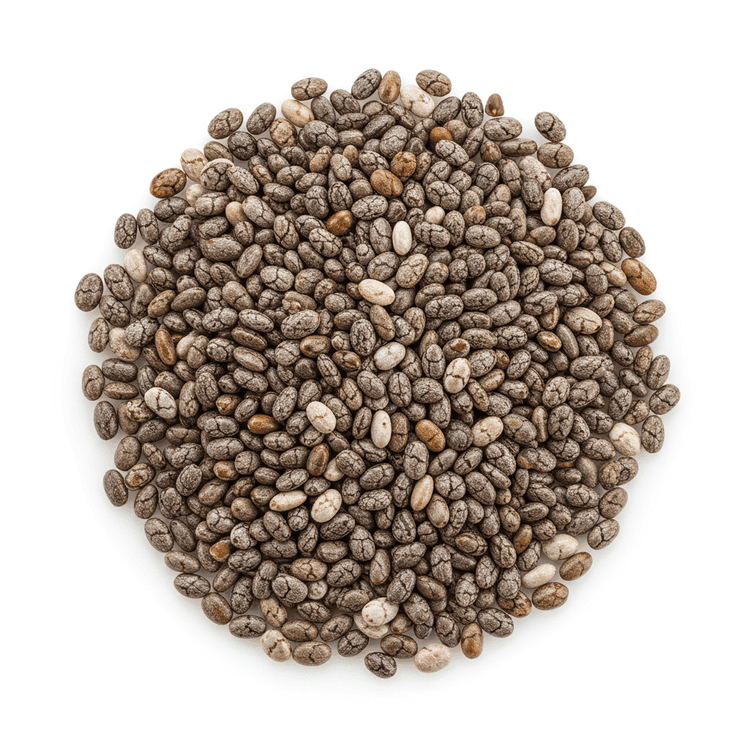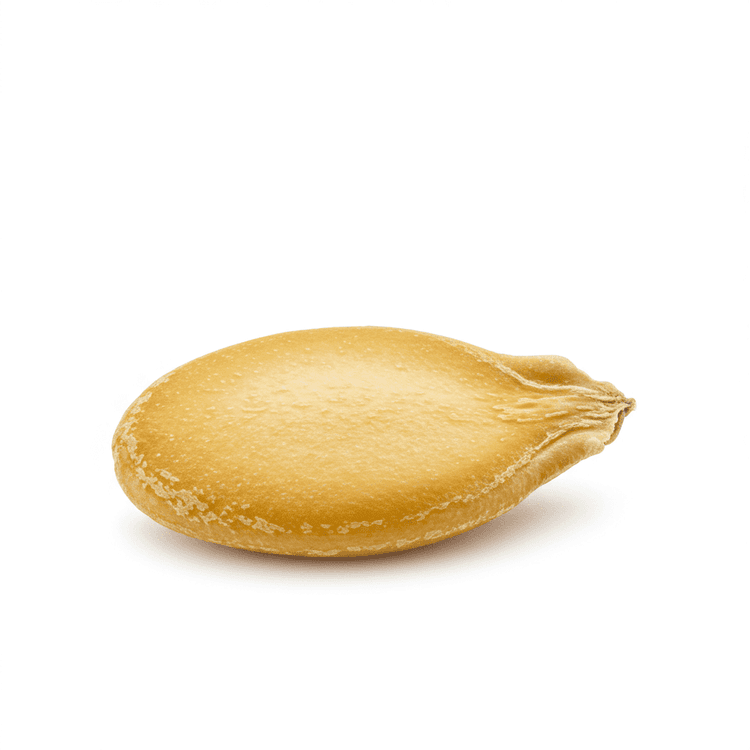
Melon Seed
Melon seeds are small, teardrop-shaped seeds harvested from various melon varieties like watermelon, cantaloupe, and honeydew. These seeds are often white or cream-colored, with a slightly nutty and subtly sweet flavor. When roasted, melon seeds develop a crunchy texture and enhanced nutty taste, making them a versatile ingredient for both sweet and savory dishes. They are also gaining popularity as a nutritious snack and a good source of plant-based protein and healthy fats. Many seek out melon seeds for their nutritional benefits and use in traditional recipes.
Common Uses
- Roasted melon seeds can be enjoyed as a healthy and crunchy snack, seasoned with salt, spices, or even a touch of sweetness like honey or cinnamon to create a customized flavor profile.- Ground melon seeds can be used as a thickening agent in soups, stews, and sauces, adding a subtle nutty flavor and creamy texture.- Melon seeds can be incorporated into bread, muffins, and other baked goods, providing a boost of nutrition and a pleasant textural contrast. They are also used in granola and energy bar recipes.- Melon seed butter, similar to other nut butters, can be made by grinding roasted melon seeds into a smooth paste, offering a healthy and delicious spread for toast, fruits, or vegetables.- Melon seeds are traditionally used in some cuisines to make a savory, creamy sauce often served with meat or vegetable dishes, offering a unique flavor and texture. They can add a nutty and creamy texture when processed and emulsified.- Melon seeds can be sprouted and added to salads or sandwiches for a fresh and nutritious boost. Sprouted seeds are easier to digest and offer a more pronounced flavor.
Nutrition (per serving)
Nutrition (per serving)
Calories
557.0kcal (27.85%)
Protein
24.0g (48%)
Carbs
15.7g (5.71%)
Sugars
2.7g (5.4%)
Healthy Fat
33.0g
Unhealthy Fat
8.6g
% Daily Value based on a 2000 calorie diet
Nutrition (per serving)
Calories
557.0kcal (27.85%)
Protein
24.0g (48%)
Carbs
15.7g (5.71%)
Sugars
2.7g (5.4%)
Healthy Fat
33.0g
Unhealthy Fat
8.6g
% Daily Value based on a 2000 calorie diet
Health Benefits
- Rich in magnesium, promoting heart health and regulating blood pressure.
- Excellent source of protein, contributing to muscle building and repair.
- Contains healthy fats, essential for brain function and nutrient absorption.
- High in iron, helping prevent anemia and boosting energy levels.
- Good source of zinc, supporting immune function and wound healing.
- Provides antioxidants that combat free radicals and protect against cell damage.
Chefadora AI is here.
Experience smarter, stress-free cooking.
Storage Tips
Melon seeds are best stored in an airtight container in a cool, dark, and dry place. This will help prevent them from becoming rancid. For extended storage, melon seeds can be refrigerated or frozen. If freezing, ensure they are completely dry to prevent clumping. Properly stored melon seeds can last for several months.
Marnirni-apinthi Building, Lot Fourteen,
North Terrace, Adelaide, South Australia, 5000
Australia
